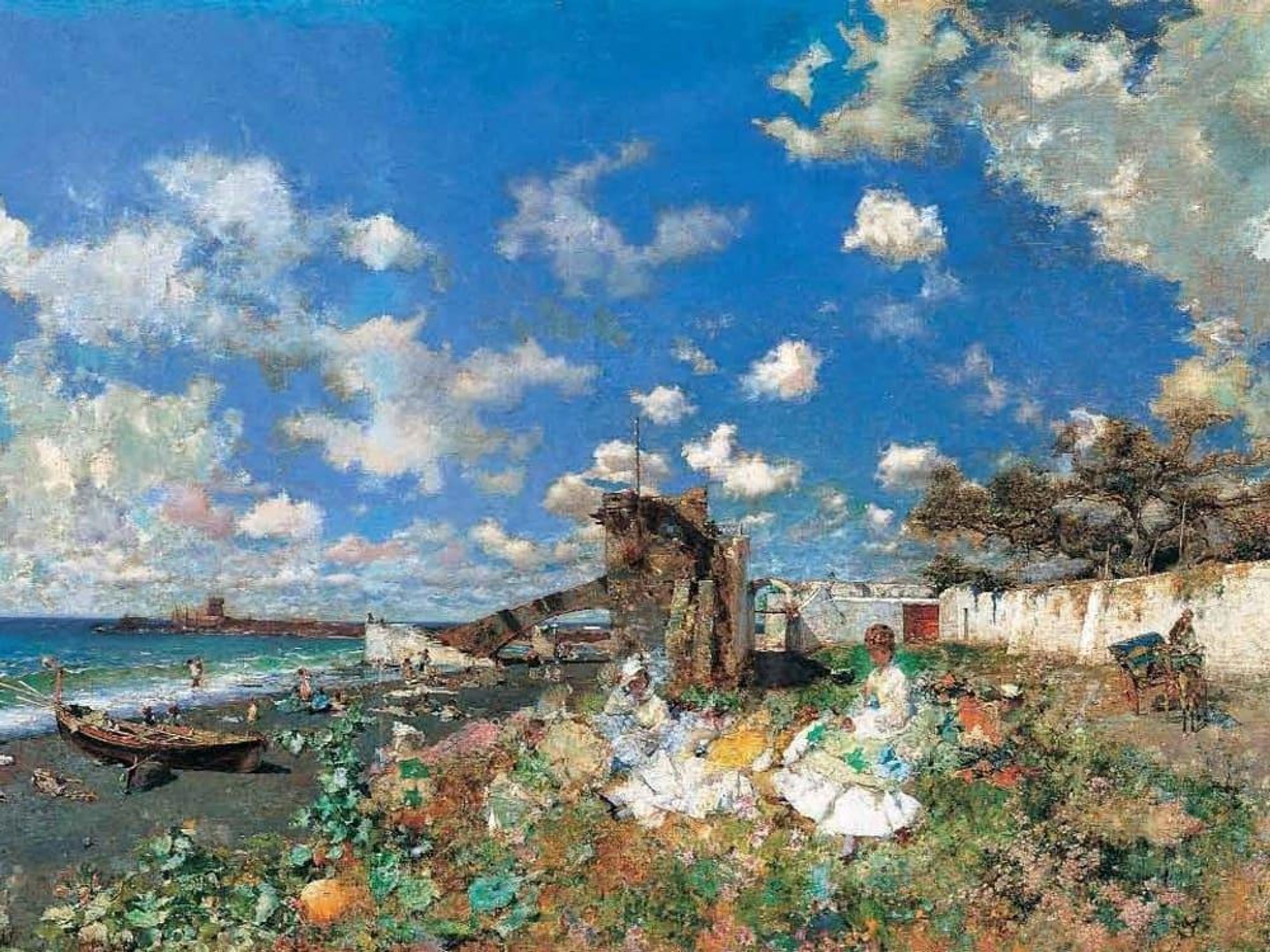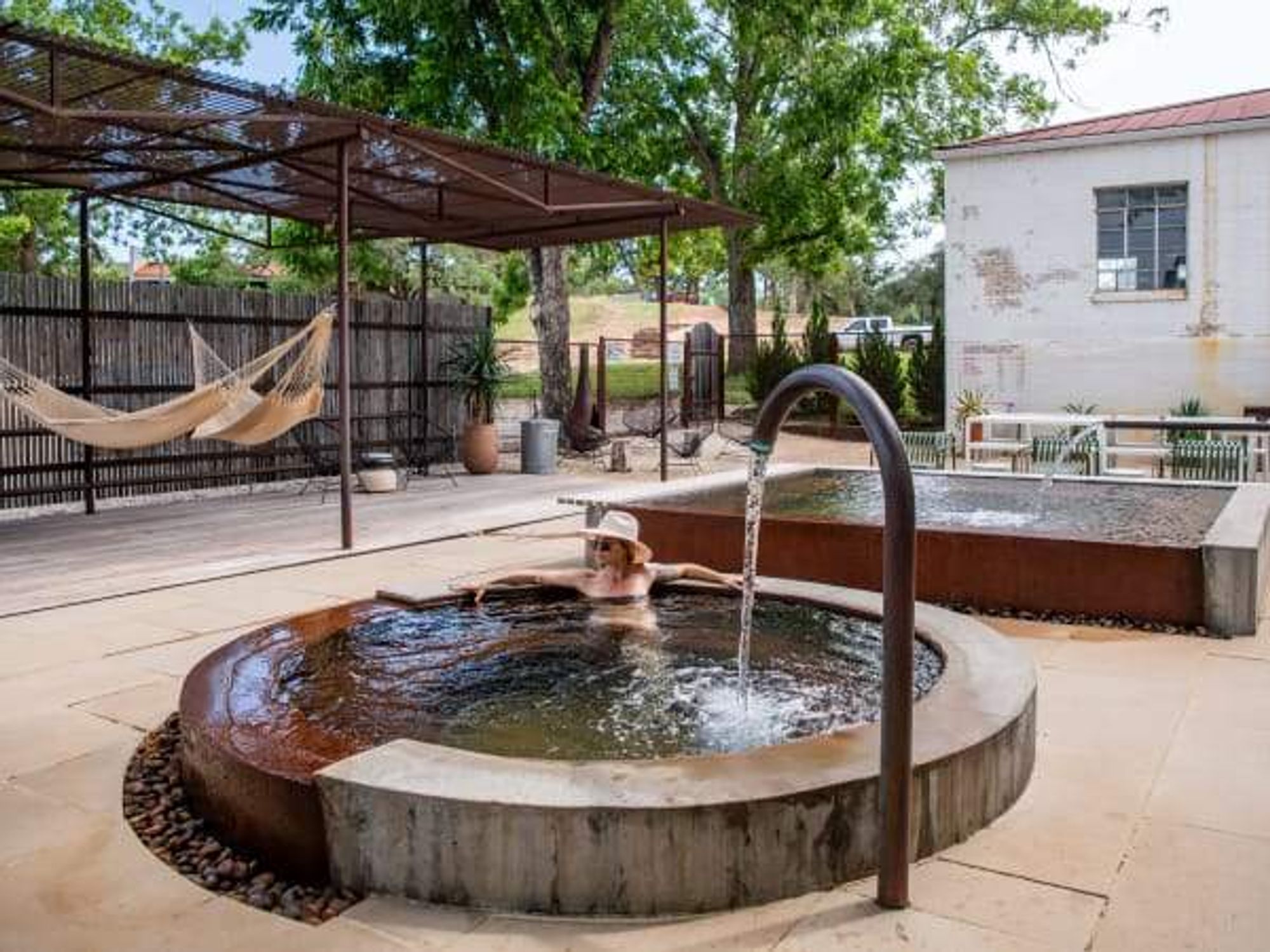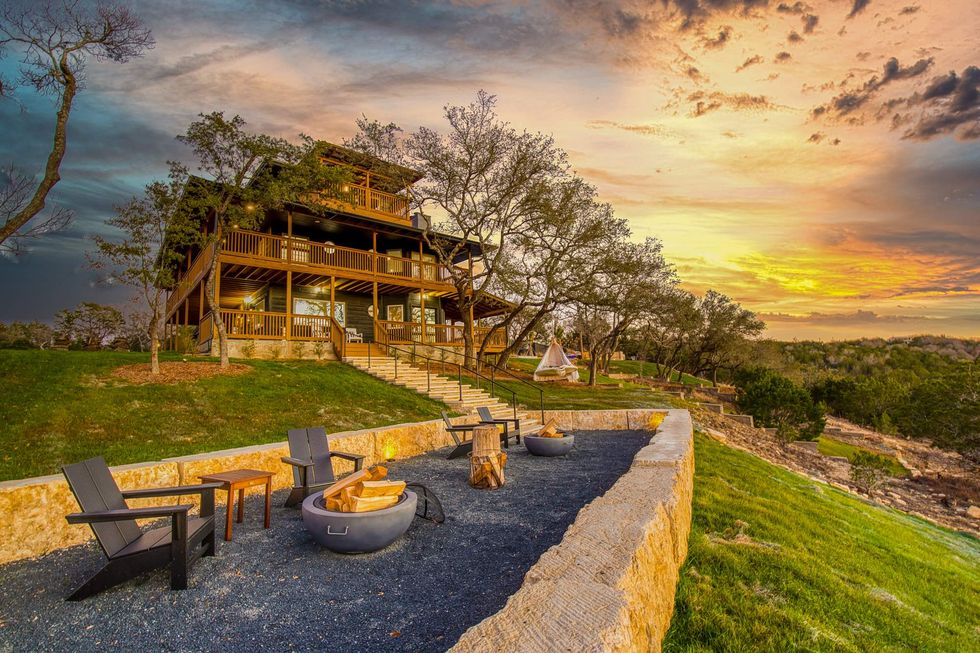Museum milestones
Texas university's museum marks major milestone with 2 new exhibitions

No one knows how to party like SMU, and this spring, Meadows Museum will celebrate 20 years in its Bishop Boulevard building with not one, but two special exhibitions.
The stately Collegiate Georgian, red-brick building, designed by Chicago architectural firm Hammond Beeby Rupert Ainge, opened to the public in 2001. Over the last 20 years, "the new building," as some still call it, has become a prominent landmark near the Southern Methodist University campus entrance off Mockingbird Lane. It has also grown to house one of the most significant collections of Spanish Art in the United States.
"It's a major milestone," says Mark A. Roglán, the Linda P. and William A. Custard Director of the Meadows Museum in a release. "In 20 years, we have doubled the size of our collection and assembled groundbreaking international loan exhibitions in collaboration with distinguished collections from around the world ... achieving the vision of our founder, Algur H. Meadows, to create a 'small Prado for Texas.'"
The anniversary will be marked with two commemorative exhibitions: "Building on the Boulevard: Celebrating 20 Years in the Meadows Museum's New Home" and "Fossils to Film: The Best of SMU's Collections." Both will be on view March 14-June 20, 2021.
"Building on the Boulevard: Celebrating 20 Years in the Meadows Museum's New Home" will be a tribute to the achievements made possible by the vital structure, the museum says. Included will be architectural drawings and renderings, commemorative installations, and "materials celebrating the impressive international loan exhibitions, innovations in educational programming, and other significant milestones."
The permanent collection of Spanish masterpieces will be reinstalled for the occasion. Highlights from the 250 exceptional works the Meadows has acquired over the last two decades will include Goya’s Visions, 1819-23; Fortuny’s Beach at Portici, 1874; Dali’s The Fish Man, 1930; and the earliest work in the collection, Pere Vall’s Saint Benedict and Onophrius, 1410.
A complementary special exhibition, "Fossils to Film: The Best of SMU's Collections," will celebrate the museum's relationship with the university. It's the first time Meadows will host highlights from nine distinct campus collections at the same time: the Underwood Law Library, G. Williams Johns Film and Video Collection, Bywaters Special Collections, Hamon Arts Library, the Shuler Museum of Paleontology, DeGolyer Library, the Department of Anthropology, Bridwell Library, and the noted University Art Collection (made up of works donated by alumni and friends of SMU, including influential painters Jerry Bywaters and David Bates).
"Over 100 exquisite works of art, intriguing artifacts, and rare specimens will be on display, many of which will be exhibited outside their home departments for the first time," the museum says. "From the Pleistocene epoch to the present, these diverse holdings include the earliest surviving crocodile skull, the only surviving footage of Martin Luther King Jr.'s visit to Dallas, and the earliest illuminated manuscript in the state. These items are comprised of donations, as well as university acquisitions and groundbreaking discoveries uncovered at excavations by SMU faculty, staff and students."
Although the current building is just 20 years old, Meadows Museum dates back to 1962, when Dallas businessman and philanthropist Algur H. Meadows donated his private collection of Spanish paintings, as well as funds, to SMU to start a museum. The museum opened to the public in 1965.
The current structure is six times larger than its previous home and not only houses the largest collection of Spanish art outside of Spain, but its collection spans the 10th to the 21st centuries and includes medieval objects, Renaissance and Baroque sculptures, and major paintings by Golden Age and modern masters.

 Dripping Springs Social is the perfect venue for an escape into the Hill Country. Photo courtesy of Vrbo
Dripping Springs Social is the perfect venue for an escape into the Hill Country. Photo courtesy of Vrbo